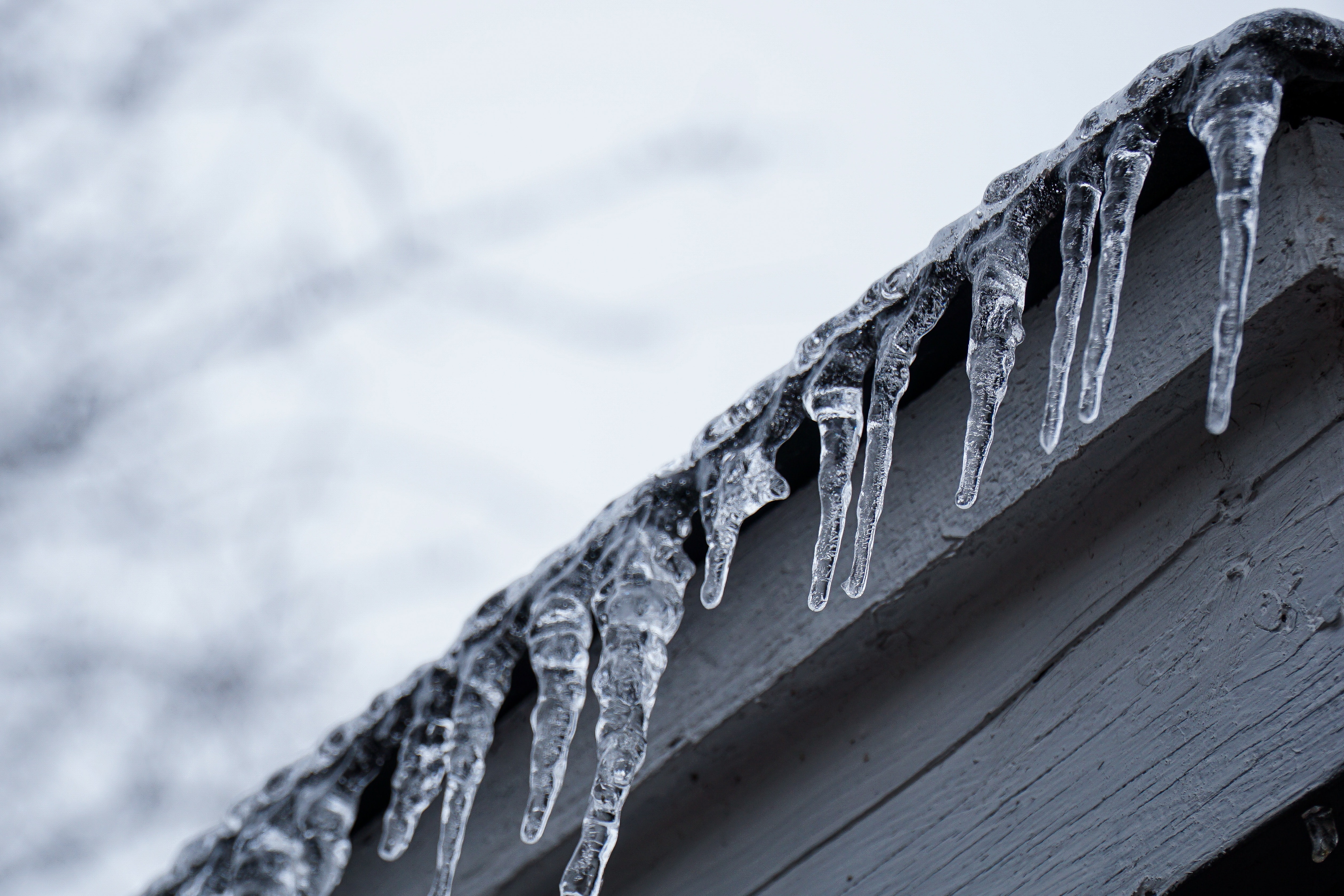By Omar Ochoa, Founder – Omar Ochoa Law Firm

While it’s common for people to believe they are protected just by having an insurance policy on their home, the truth is that these don’t always cover everything. In my experience, too many people discover vulnerabilities in these legal contracts only once it’s too late — a disaster has happened, and their claim gets denied. In some cases, the insurance company maintains that the damage is the homeowner’s fault since they didn’t take preventative measures.
Now that the country has entered the winter storm season, it’s time to winterize your home. Don’t be blamed for negligence! Doing your due diligence will position you best to recover damages from insurance companies if need be.
Damage winter storms can cause
Winter storms can wreak havoc on residences through high winds, hail, snow, and more. One of the most common types of damage is cracked or dented roof shingles. If left unaddressed, these can let water seep into the home. Another common source of damage is ice dams, which are buildups of ice on the roof that steer water into the wrong places. Mold is another common but hazardous result of water getting into your home.
Hail and snowfall can chip your windows or compromise their frames and glazing. This can lead to drafts or worse. Meanwhile, if enough snow piles up on your gutters, they can even crack and fall off.
In addition, freezing temperatures can make pipes freeze and even burst, causing flooding. Flooding can also occur when temperatures rise, and large volumes of snow outside turn into proportionately large volumes of water that want to get into your basement.
What insurance commonly covers
In most cases, insurance companies will only accept claims if the damage occurred suddenly and through means the homeowner had no control over, such as an accident. Insurance companies view damage that happens slowly over time as normal and consider it “wear and tear,” which isn’t covered. Many elements of a home, such as the water heater or plumbing, have a natural lifetime and require replacing once this has been used up. Homeowners need to reach into their own wallets to do this.
In addition, sometimes specific clauses are required in insurance policies to shield homeowners from particular kinds of damage. If the policyholder didn’t opt to include that clause, they could be out of luck. For instance, some insurance companies ask customers to pay more for protection that would kick in if their sump pump failed, flooding their basement.
Similarly, many homeowners’ insurance policies don’t cover flooding from a source outside the residence. For these incidents to be covered, separate flood insurance is often necessary.
Finally, many insurance companies will only cover damage from winter storms if the homeowner has taken proper steps to winterize their homes.
How to winterize your home
To winterize your home, first check your gutters. These need to be in good working order, and they should also be clear of any debris. Neglecting to clean them out can lead to ice dams forming. Another critical way to prevent ice dams is ensuring your attic is well insulated.
Next, check your windows and doors to ensure they close correctly and aren’t letting drafts in. Seal any holes or cracked seams with caulk or weatherstripping.
Program your thermostat at an appropriate level to keep your home from freezing while you’re away. You don’t need the ambient temperature to be as high as when at home, but it’s still important to have the heat on to protect the plumbing. Another way to take care of your pipes is to insulate them. This is particularly important for any close to your home’s exterior or in the garage.
During particularly cold bouts of weather, consider letting your faucets drip a steady stream of water. That’s because standing water freezes more readily than moving water. In addition, if you have outdoor faucets, take any hoses off and drain them. That way, the water inside of them won’t freeze, expand, and make them burst.
Maximize your chances of a successful insurance claim
Taking these simple measures can not only forestall problems due to winter storms but also help you recover damages through a successful insurance claim. Give yourself the best chance of getting through the winter unscathed. Winterize your home without delay.
— Omar Ochoa is an award-winning lawyer and the founding attorney of the Texas-based Omar Ochoa Law Firm. In addition to his law degree, he holds degrees in business administration, accounting, and economics from the University of Texas at Austin. As a trial lawyer, he has handled a variety of state and federal cases involving antitrust, class actions, insurance matters, securities, oil and gas, trade secrets, construction law, environmental law, qui tam (in which a whistleblower brings a suit on behalf of the US government), the Fair Credit Reporting Act, employment matters, private equity transactions, and breaches of contract.
Thank you,
Glenda, Charlie and David Cates